Besides Herodotus, the other famous figure in Bodrum is Cevat Sakir, the scion of a prominent Ottoman family. Interesting figure, Sakir. Born on Crete in 1890, Sakir studied history at Oxford before getting into a bit of trouble when he shot his father after he discovered the old man had been sleeping with his girlfriend. Well, these things happened back then (and even now, I suppose). Since the Turkish officials probably figured the old man had it coming, Sakir was sentenced to three years of house arrest.
But, as it turned out, that wasn’t the worst crime he committed in his youth. At least, not in the eyes of the Turkish government. After WWI, when Atatürk came to power and decided to cleanse Turkey by banishing Greeks, Armenians, and Kurds (among others), Sakir wrote an article for an Istanbul magazine with this wordy but provocative title: “How the prisoners who are sentenced to death are going in full possession of their consciences to the gallows.” He could have used a good copy editor, obviously, but the point he was making was that these condemned prisoners were nothing but scapegoats in Atatürk’s new Turkish republic.
Well, Atatürk wasn’t real keen on the story. So he had Sakir arrested and sentenced to three years of house arrest in Bodrum. Which, at the time, was considered sort of the Siberia of Turkey. It was, according to the memoir Sakir later wrote, a simple and poor place whose residents eked out a meager existence from the sea by fishing and sponge-diving. “The journey was long and arduous, with the shadows of bandits lurking in the hills; the last stretch of the route from Milas was passable only on foot and muleback.”
But guess what? Sakir kind of dug the place. He made friends with the fishermen and sponge divers and they started taking him out on the sea with him. He was having such a good time in Bodrum that when the military heard about it, they brought him back to Istanbul to finish his sentence. No matter. When he was finally released, he returned to Bodrum and became the grand old man of the town, planting trees (the palms lining the quay are his) and telling tales of his voyages along Turkey’s western coast with the fishermen in a book called Blue Voyage.
The book became so popular that many of the fishermen and sponge divers converted their fishing boats, called gulets, into charter boats so middle-class tourists could experience Sakir’s blue voyages. In fact, it’s not an exaggeration to say that Sakir not only fathered the tourist industry in Bodrum, he pretty much fathered the entire tourist industry in Turkey, outside of Istanbul.
Not bad for a boy who started out his adult life by killing his father.
When we arrived in Bodrum, I noticed a sign at the top of the hill with Sakir’s photo and a quote, in Turkish, from him. I asked Sidar to translate and he said basically it said this: “If you come to the top of this hill you will see Bodrum. Don’t think that you will leave the same person as when you arrived. To all those who came before you, it happened the same: They lost their heart in Bodrum.”

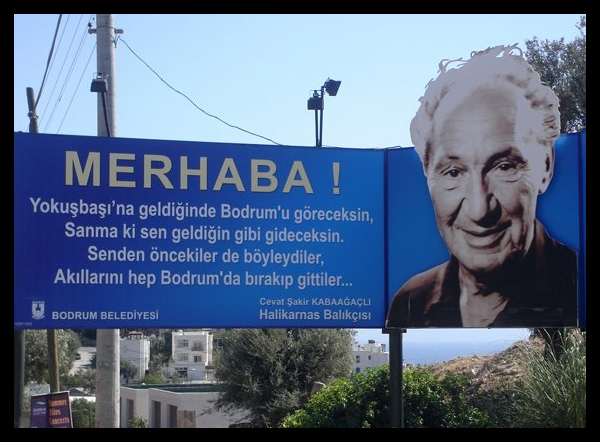
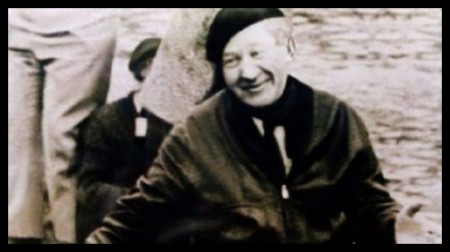
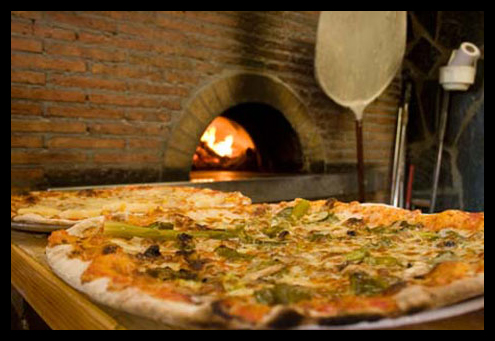
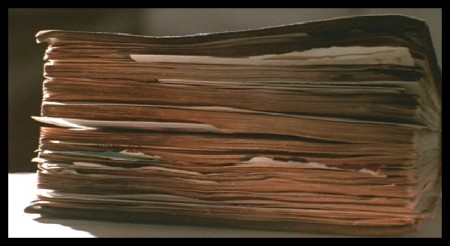
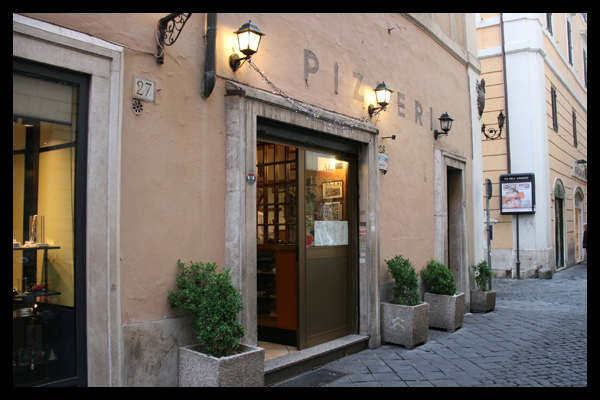
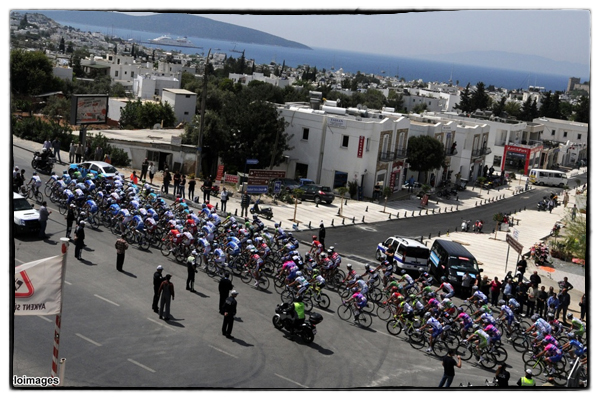
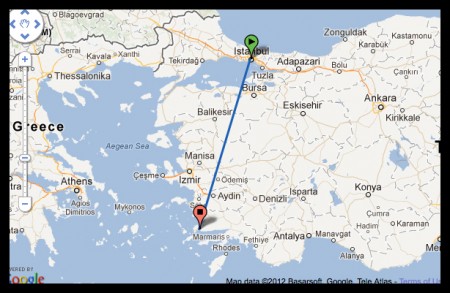
Recent Comments